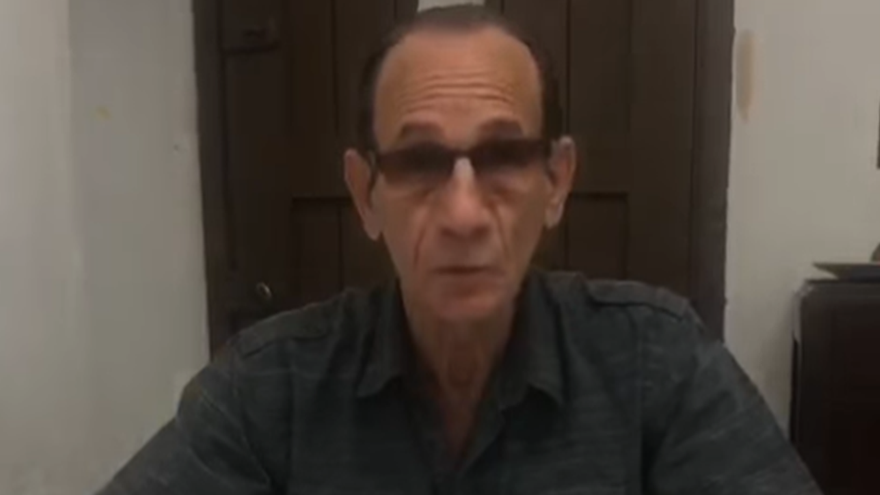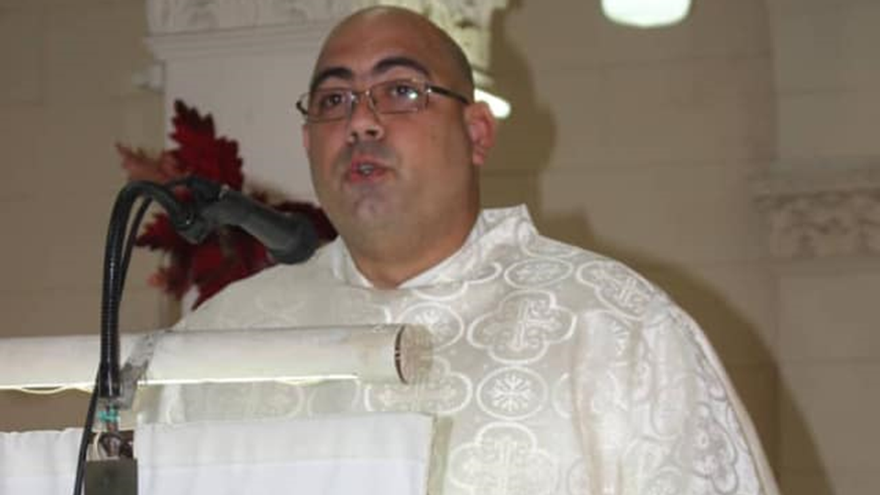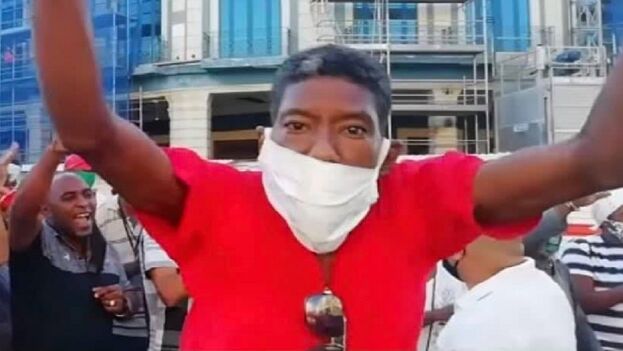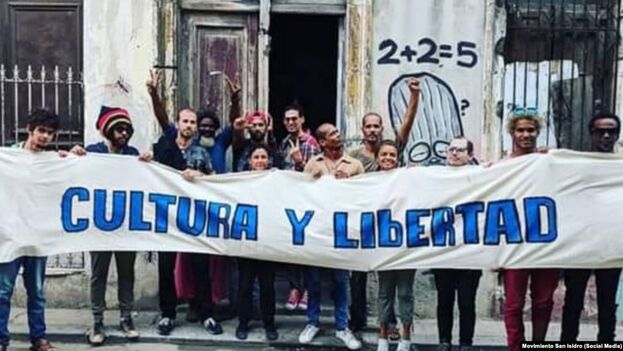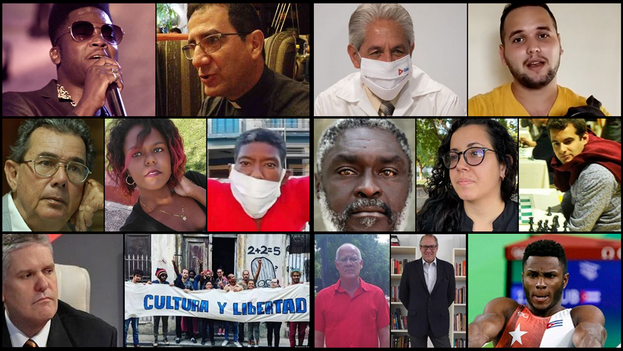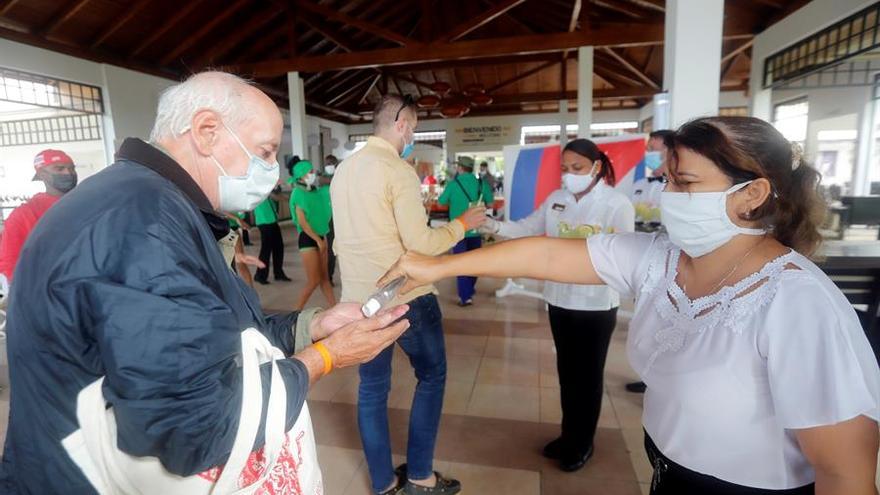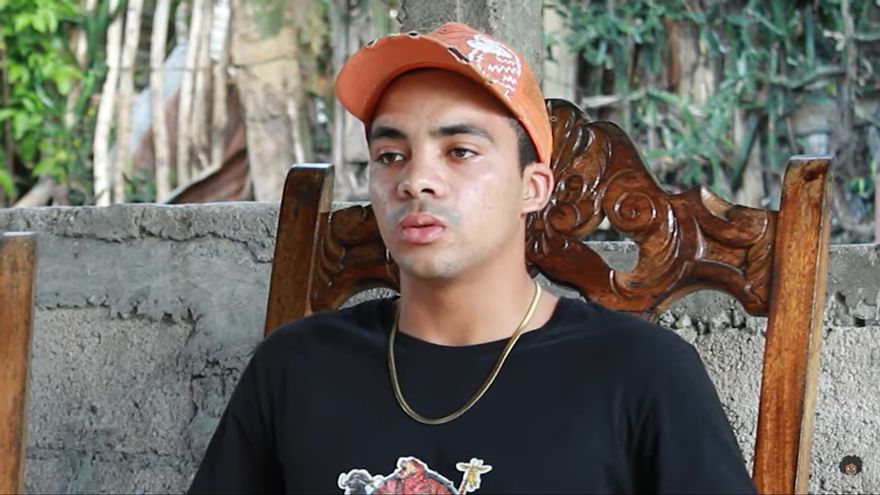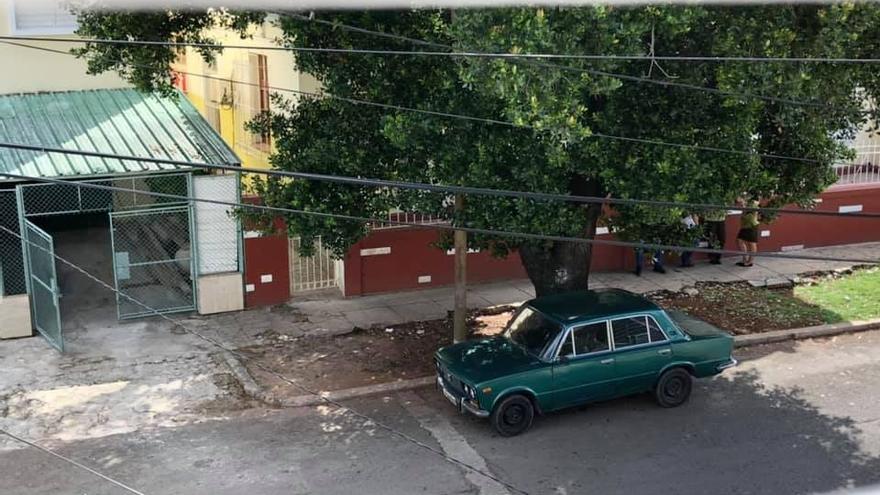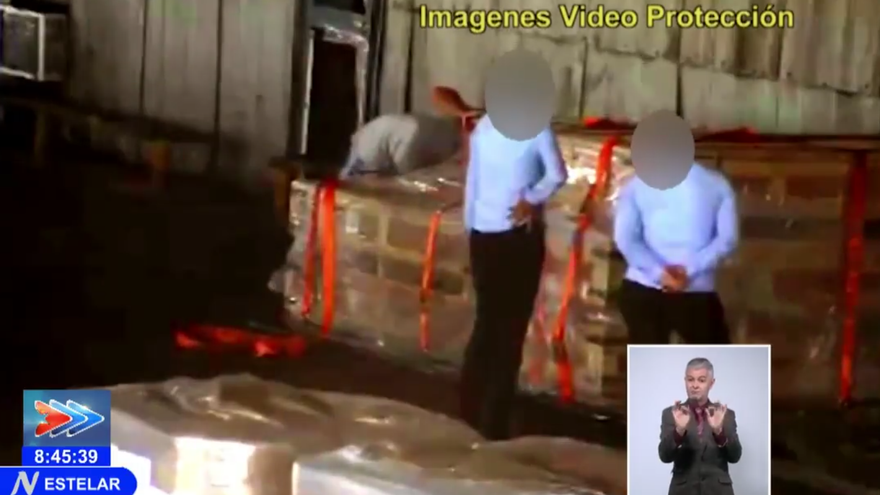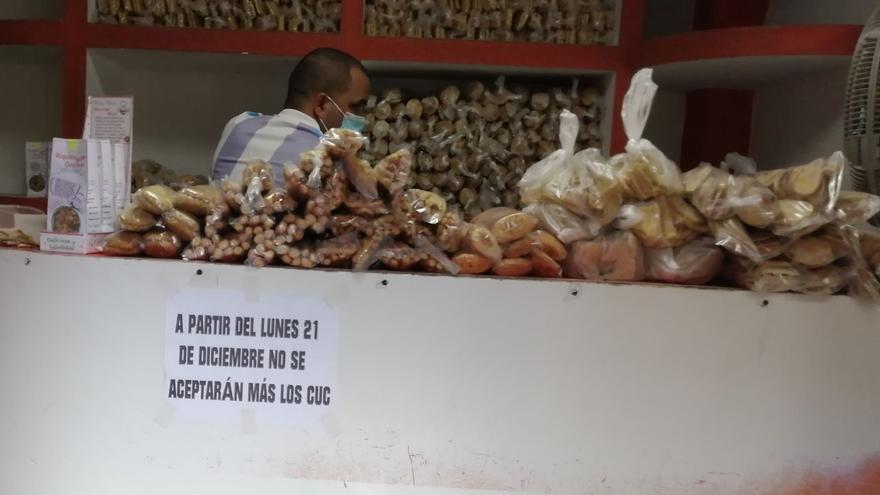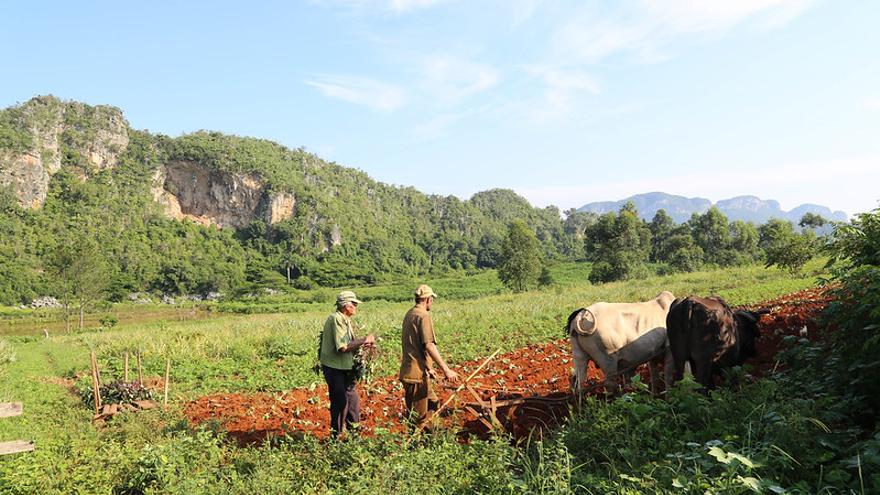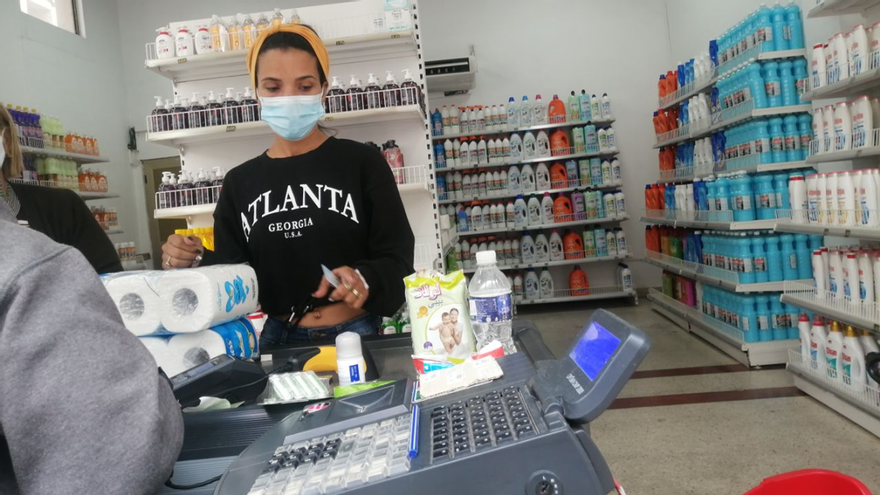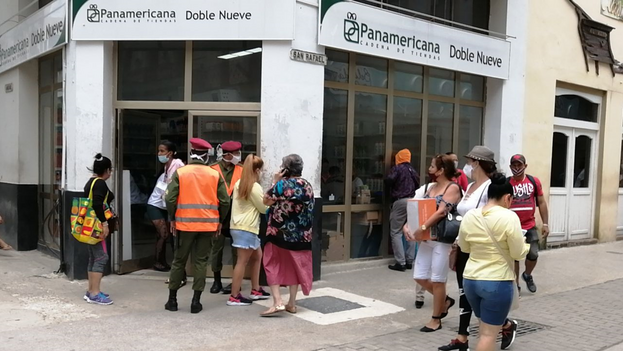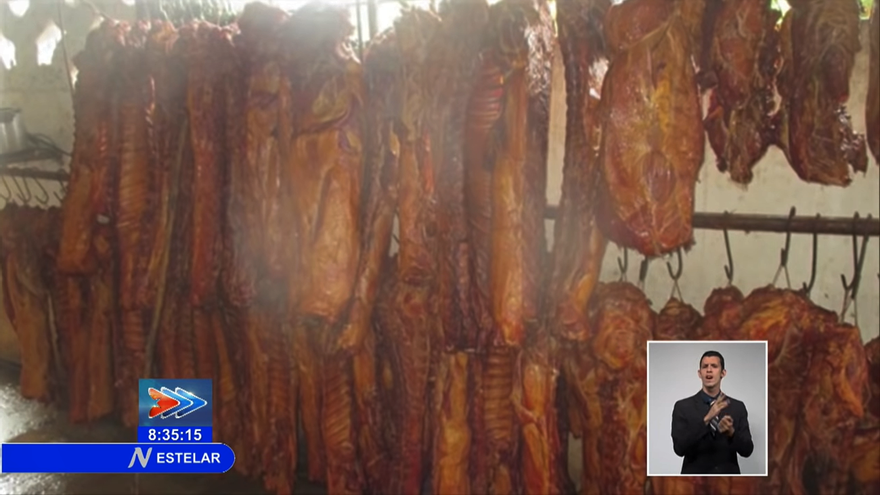
![]() 14ymedio, Havna, 25 December 2020 — A mini-industry that was dedicated to the sale of meat and the production of sausages was dismantled by the police in the municipality of Jovellanos in the province of Matanzas, according to Cuban Television. In the operation, seven tons of meat products were seized.
14ymedio, Havna, 25 December 2020 — A mini-industry that was dedicated to the sale of meat and the production of sausages was dismantled by the police in the municipality of Jovellanos in the province of Matanzas, according to Cuban Television. In the operation, seven tons of meat products were seized.
The supplier of the business was a driver from the Construction Services Company in Varadero who is in provisional prison. The objective of the precautionary measure is to find others involved in the criminal network, the official media reported.
Although no details were given about the owners of the mini-industry or how many people worked there, it was learned that they did not have a license to carry out the activity and they are being prosecuted for the crime of illicit economic activity. continue reading
Those responsible for the business bought some meats at a lower price and then resold them, an official from the Interior Ministry said in the report. They also did this with chicken, a product of which 162 imported boxes were seized.
Among the violations that were detected and that were reported by the criminal investigator in charge of the case, is the theft of electricity for not having a meter installed. The debt with the Electric Company for the electricity they used without paying amounts to more than 700,000 pesos.
The police also seized equipment from the mini-industry and several bags of polyphosphate that were used in the manufacture of the sausages.
For some months now, the official media have been publishing information related to criminal acts in state institutions or that involve the participation of their officials and workers. A new way of reporting robberies to the State itself, which in other times were kept out of the official press.
This Wednesday, the National Television Newscast reported that the Police detained four workers from the Lactea Company in Holguín province for stealing 1,336 kilograms of industrial cheese to sell in the informal market.
At the beginning of the week in the same space it was learned that several Aerovaradero workers were arrested for an alleged crime of theft and misappropriation, in a new episode within the Government’s strategy of showing its “relentless fight against corruption.”
This end of year, meat products are among those with the highest demand, highest prices and the greatest shortage in Cuba. The authorities have tried to alleviate this deficit by selling pork at subsidized prices but the distribution of the limited supply has brought long lines, crowds and fights.
____________
COLLABORATE WITH OUR WORK: The 14ymedio team is committed to practicing serious journalism that reflects Cuba’s reality in all its depth. Thank you for joining us on this long journey. We invite you to continue supporting us by becoming a member of 14ymedio now. Together we can continue transforming journalism in Cuba.

